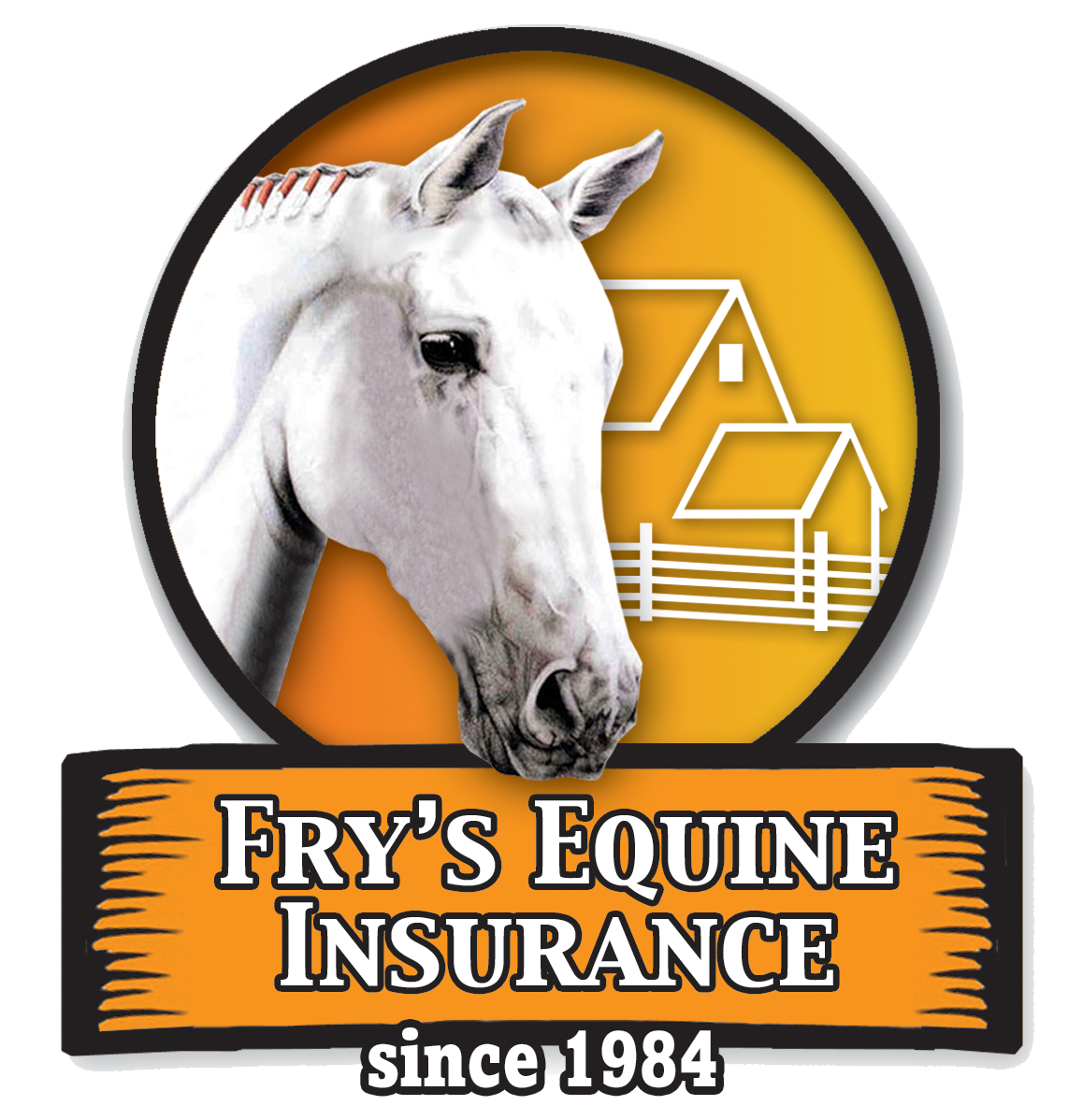Once again Scambusters(.org) brings a timely article. Please be sure to pass this information on to anyone who might be at risk to fall victim to scammers.
Scammers are piling misery on top of the 40-year high level of inflation by cashing in on the cost-of-living crunch that’s sweeping the nation.
They know consumers, especially those who live from one paycheck to the next, are worrying about making ends meet.
According to the Better Business Bureau, consumers are starting to panic about rising costs and the possibility of further increases in the coming months. That makes them extra-vulnerable to scams pretending to ease their financial burden.
The number one rule for avoiding inflation scams is to always be skeptical about offers and supposed programs that seem to provide easy and instant relief in return for either a payment or confidential information like bank account details.
Here are the seven most common tricks that aim to do just that:
1. Fake coupons and giveaways
Using social media, SMS texts and emails, scammers offer what appear to be big savings on regular shopping items. Using the names of well-known retailers like Walmart, they may even pretend you can get a free gift card, often by supposedly completing a “quick survey” that is really designed to steal information about you, upload malware onto your PC, or hijack your social media account.
2. Gas gift and discount cards
We’ve all been hit by record prices at the gas pump. So, as we reported a few weeks ago, news that you’ve won a $500 gas station gift card is likely just what you want to hear. Supposedly, you only need to pay a couple of bucks for shipping but that requires your credit card details, which are then used for other purchases. And, of course, there’s no gift card. The same trick is used with fake 10% discount cards. The crooks use the name of well-known gas brands to make their scam more convincing.
3. Debt relief
Faced with fast-rising prices, many people are turning to credit cards and high-interest payday loans, which can eventually spiral into debts they can’t afford to repay. Scammers claim to be able to renegotiate payments or even have the debt reduced. They always charge a fee for their supposed services, which often involve doing what consumers themselves could do for free. A good source for genuine advice is the National Foundation for Credit Counseling (https://www.nfcc.org/). Or you can simply talk to your lender to explore options.
4. Government grants
The COVID pandemic sparked the launch of federal economic impact payments to just about everyone. And some states, notably California, have since followed through on this with further stimulus payments. So, it’s easy for scammers to convince victims they’re in line for another chunk of cash. The crooks say you can only get your money through a direct deposit program, for which they need your bank account details. Next thing you know, your account is drained of whatever meager savings you already have.
5. Online shopping bargains
Social media and other websites are teeming with ads for bargain prices for everyday purchases such as groceries. Some of these are genuine, such as those selling remaindered, overstocked, or damaged items. But others are pure scams, offering cut prices for products that either don’t exist or are not what you thought you were buying. For luxury items, shoppers often end up with overpriced or worthless knockoffs.
6. Work from home schemes
Taking on an extra job by working from home seems like an ideal solution for financially hard-pressed consumers. But it’s also one of the biggest employment scams. Scammers promote these schemes as a way of making easy money, often thousands of dollars a month for very little effort. Even when the work is genuine, it’s often menial or may involve the individual paying upfront for training and materials, which leads them nowhere. Search our site for more details of work from home scams.
7. Credit card tricksters
Most credit cards charge rates of interest between 15 and 20 percent. Some charge zero or low interest for the first year or so – a genuine way to consolidate and reduce debt. Scammers, on the other hand, add to your debt by pretending to offer low-interest cards that either don’t exist or that lead to escalating charges. They particularly target people with poor credit history.
What to Do
There are many other scams that aim to take advantage of consumers who are struggling financially. For example, you may come across reports and ads offering help with utility bills, healthcare costs, student loans, or small business grants.
As we said at the start of this report, it’s important to adopt a skeptical attitude toward money-saving offers. Always be especially wary of anything that calls for you to pay upfront or to provide confidential information.
Your second action should be to carefully research offers that do seem attractive. Do this by searching for the product or service to see what others say.
And if you add the word “scam” to your search phrase, you’ll likely identity crooked deals. For instance, this would have identified the gas gift card scam we mentioned earlier.
If you can, visit websites of brand names you see attached to money-saving offers or government sites for grant information. In other words, check the source.
And a final good rule of thumb: The bigger the apparent bargain or benefit, the more likely it could be a scam. Don’t let crooks add to your inflation woes!
